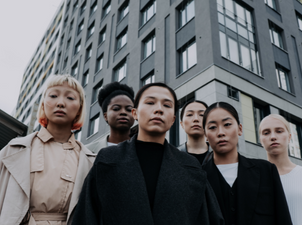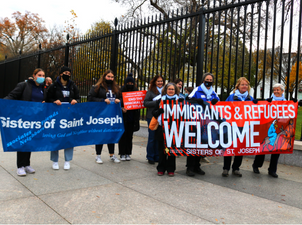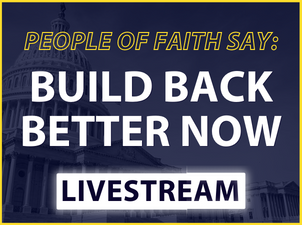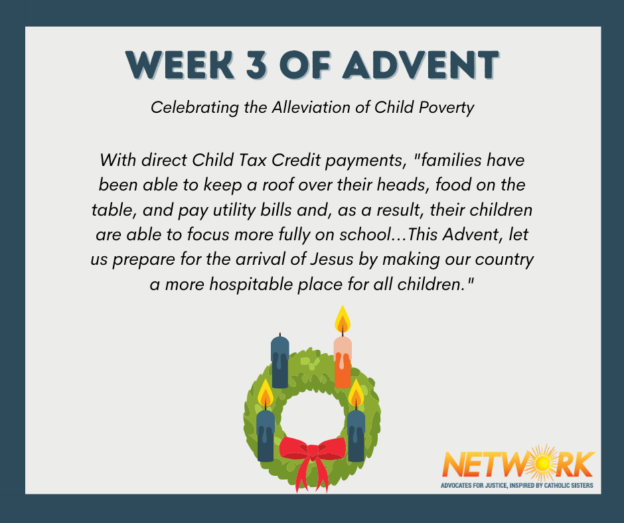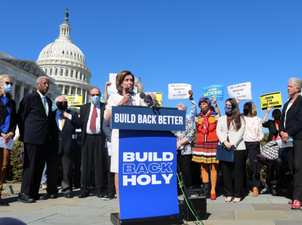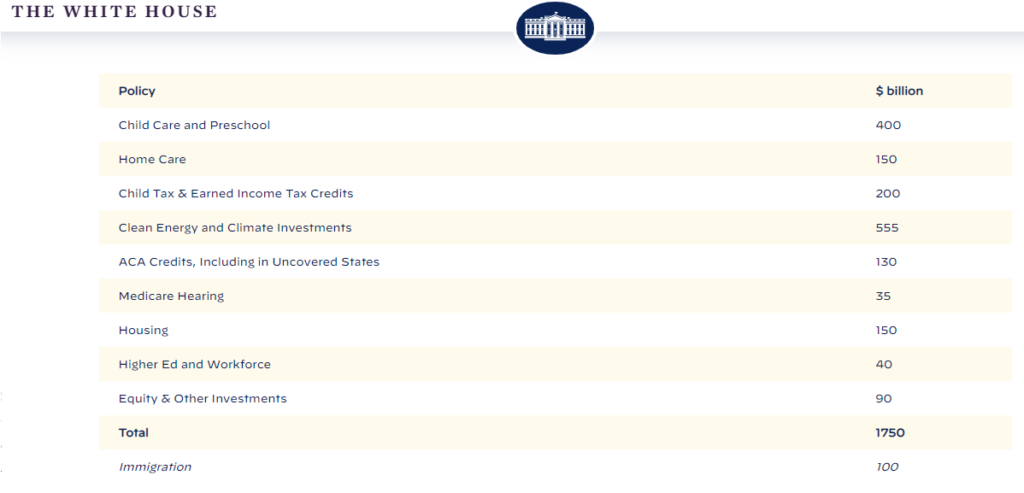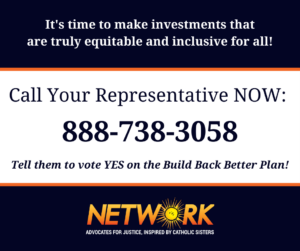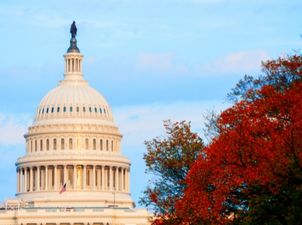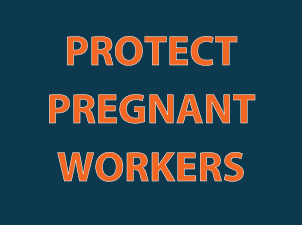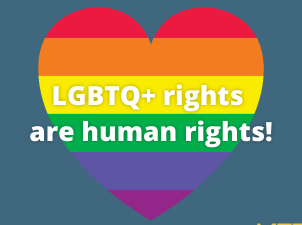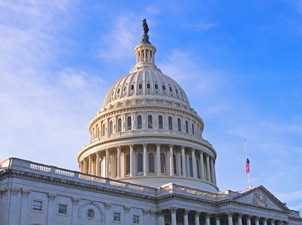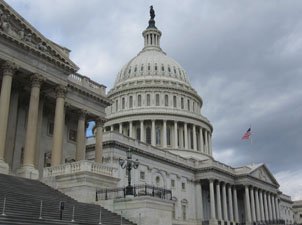
Equal Pay Day: Privilege Should Not Predict Pay
Gina Kelley
March 15, 2022
This year Equal Pay Day is March 15th, symbolizing how far into the year women have to work to earn what men earned the year before [1]. Women are not a monolith, a woman’s race, assigned gender at birth, ability, or sexuality can widen the gap. Therefore we mark multiple ‘equal pay’ days throughout the year to raise awareness for the persistent gender and racial income gaps that have become the norm.
May is AAPI Women’s Equal Pay Day, marking the 85 cents Asian American, Native Hawaiian, and Pacific Islander women earn for every dollar a white man does. June and July have LGBTQIA+ and Moms Equal Pay Days respectively. Black Women’s Equal Pay Day is in September marking the 63 cents they earn in comparison to white male counterparts.
Both Native and Latina equal paydays are in December with Native women earning 60 cents on the dollar and Latina women earning 57 cents. Meaning that Native and Latina women have to work over two years just to earn what a white man earns in one.
Cents on the dollar can seem abstract. A recent study found that in 2021 the difference in median earnings nationally found that in U.S workers employed full-time last year women earned $10,000 less. This difference in median earnings varied by states with states and territories like Wyoming, Washington, D.C., and Utah having gendered wage disparities of more than $15,000.
In an even bigger picture, some reports have estimated that women earn over 400,000 dollars less than their male counterparts do over the course of a 40-year period. The total wage differences between men and women on average is more than $799 billion every single year.
These gender and racial discrepancies are harmful examples of the ways our society undervalues women and communities of color. There are multiple ways labor laws and employment practices create this loss of women’s wages.
Blatant pay is discrimination is only one of the ways these inequities are formed. Job segregation is a subversive way that women are overrepresented in lower-paying (and often) service-providing industries due to assumptions about the types work different genders are best suited due to an imagined inherent gendered quality. However, compounding on top of job segregation is that across occupations women are most often employed at the lower end of the wage distribution. A powerful example of this is that women make up 52.8% of legal positions in the U.S but only 37.4% of lawyers are women—meaning that women disproportionately occupy lower-paying positions like legal assistants and paralegals.
NETWORK continues to actively support policies that address economic inequalities. This includes major labor law reform like the Protecting the Right to Organize Act because we know that collective bargaining agreements and implementing standard wage policies are critical steps to closing these gaps for women and people of color. We also know that creating a national paid family and medical leave program is instrumental in making sure women are not punished for the caretaking responsibilities they disproportionately hold. We also support legislation that implements equitable employment practices like the Paycheck Fairness Act, the Schedules That Work Act, and the Part-Time Worker Bill of Rights.
This Equal Pay Day and this Women’s History Month we have to recognize that labor issues are women’s issues and these issues matter and demand prioritization. Women’s issues require our attention now more than ever and what women need is economic stability and just labor laws.
1 All studies referenced compare women’s earnings to non-Hispanic white men—even if something more general like “male counterparts” is used. There are also harmful disparities between men of color and white men.







